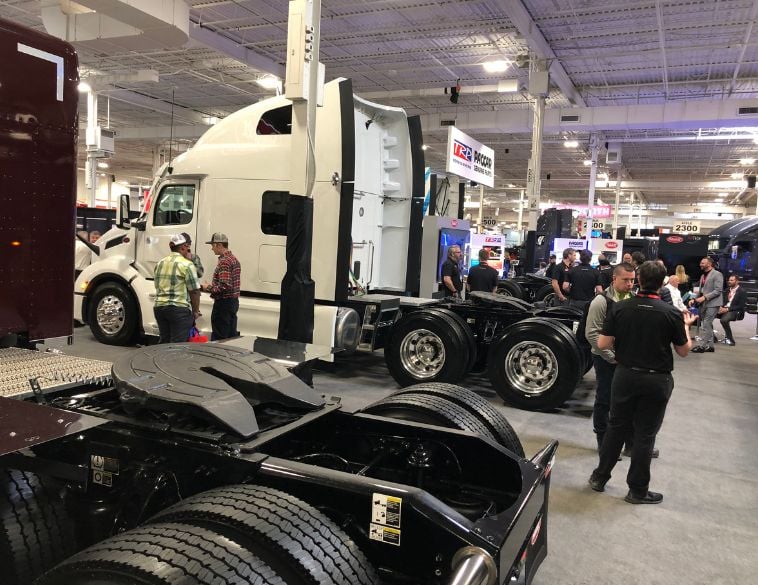While customer service is important, knowing your product goes a long way.
With over two decades of experience in retail and fleet, Reid Robertson, Fleet Department Manager at Capital Ford Lincoln in Regina, Sask. is the proud recipient of several Summit Awards for high fleet sales and customer satisfaction from Ford of Canada. He attributes this success to knowing the products well.
“Good customer service, being able to connect with the customer, and an in-depth truck knowledge [are important]. I really took product knowledge seriously when it came to F-150s and Super-Duty trucks in my junior career while working for another Ford dealership. [Receiving the awards] is like a nice landmark for me. It says job well done,” he says.
Why it helps
Robertson started selling Ford products in 1995, during which time Ford trucks became his passion. Then, in 2005, he was offered the position of Fleet Manager for Capital Ford Lincoln. Since then, Robertson has dedicated his time to studying Ford products to ensure he can help his customers in the best way possible.
“I know the Ford programs inside and out, like the Ford Plan Assistance or being part of the new commercial vehicle centre,” says Robertson. “So, the knowledge that I pass on to the customer and the inventory that I carry really sets us apart that way in our market area. I get a lot of questions from the other dealers in the area, asking me for help on how to find [information]. [That builds] a lot of connections as well.”
He explains that excellent customer service comes from not only knowing the products but also being able to explain them properly to the customer.
“I can take what’s on my computer, through the internal Ford system, the product knowledge and the inventory that we carry, and relate it to the customer in a very transparent, easy style, [without] complicating anything,” he says.
The evolution of fleet
As the fleet industry evolves, so do its challenges. Robertson stresses that for the fleet business to grow, it requires three things: approachability, knowledge of the customers’ needs, and a clear presence at dealerships.
Fleet managers need to be approachable and answer questions promptly as a show of respect to customers and their time. When they are friendly, conversation flows freely, and it allows for transparency during transactions.
Furthermore, customers often conduct their own research before coming into the shop and are more informed than they used to be, and come in with an idea of what they are looking for. Fleet managers need to assess for themselves whether what the customer wants is what they need, and if so, then figure out how they will use the vehicles.
And as the fleet industry grows, so does the competition between manufacturers in specific vehicle segments. However, sales only improve with a better fleet commercial presence at dealerships.
“Each dealer is retail oriented, and fleet is kind of on its own. So, the actual lot is not designed for fleet, and some of the other dealers are not designed for service in fleet. Either their shop is too small, or they don’t have enough technicians to handle fleets. Fleets demand priority service in terms of getting first in line and first out the door because if those trucks aren’t running, they’re costing fleets money,” says Robertson. “So, we just need a bigger fleet presence internally, not only in sales but also in service.”



